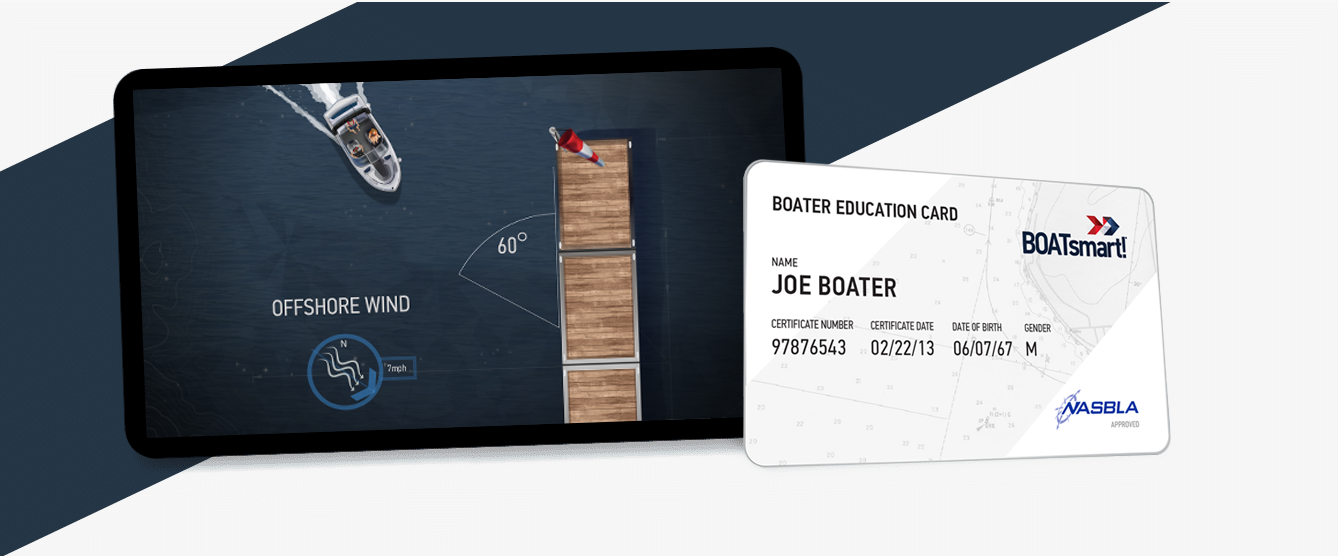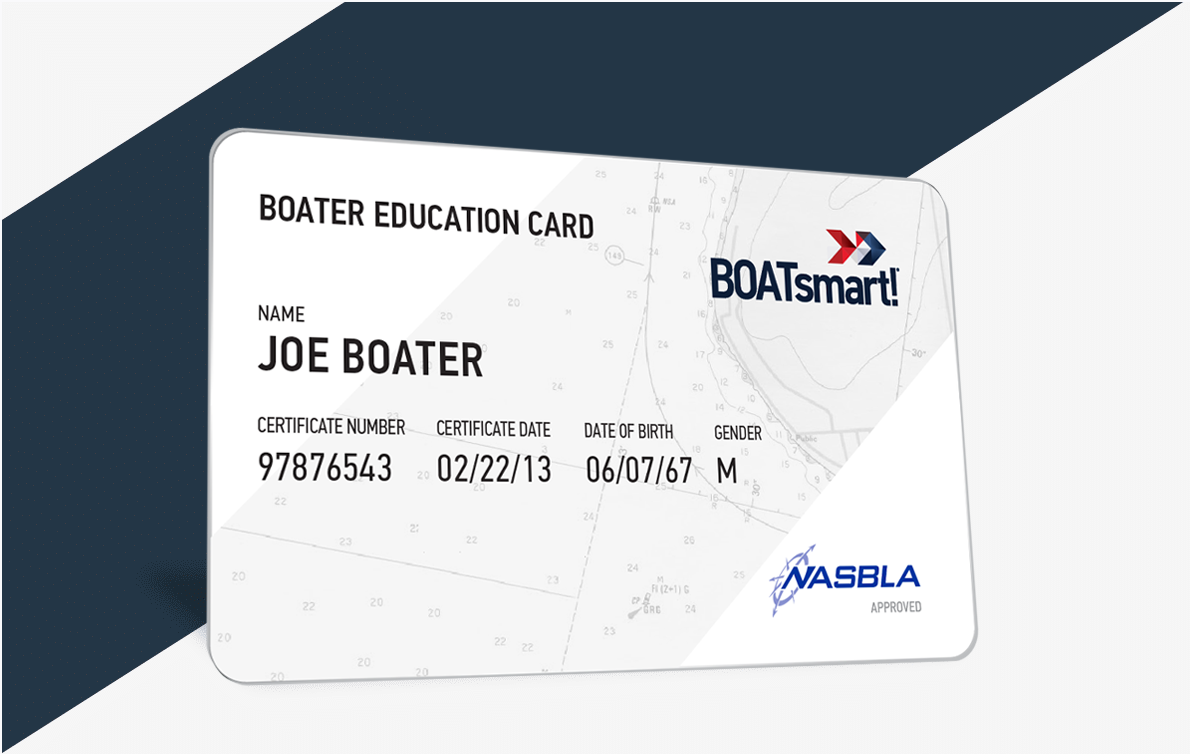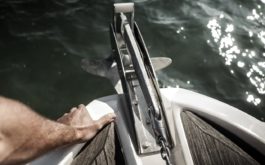Who needs a Boater Education ID Card in Connecticut?
On October 1, 2015, Connecticut passed a new law called Emily’s Law. This law states that anyone operating a vessel or personal watercraft that is towing a water-skier, must be 16 years of age or older and have a valid boating certificate from Connecticut, or a state that has a reciprocal agreement with Connecticut, or have a US Coast Guard operator’s license or have a Connecticut Safe Waterskiing Endorsement.
Exemptions: Persons who obtained their Connecticut Boating certificate prior to October 1, 2015 are exempt from the requirement to have a Connecticut Safe Waterskiing Endorsement.
Important! Vessel owners may not allow someone to operate a vessel while towing a water-skier unless the person is legally authorized to do so.
Emily’s Law is named after Emily Fedorko, a Connecticut teenager who tragically lost her life in a tubing accident in 2014. Emily’s parents, Pam and Joe Fedorko, have honored Emily’s memory by advocating for water safety awareness through the Emily Catherine Fedorko Foundation.


Get your Official North American
Boating License
The Official NASBLA and State-Approved Boating Course, Test & License.
Get your Official North American
Boating License
The Official NASBLA and State-Approved Canada Boating
Course, Test & License.
CONNECTICUT’S LIFE JACKET REQUIREMENTS
Wear your Life Jacket (PFD)! Is it the proper size and in good condition? There must be a wearable Life Jacket aboard for each person. From October 1st through May 31st, you must wear a Life Jacket (state law). All children 12 and under must wear a Life Jacket at all times.
BOAT REGISTRATION REQUIREMENTS IN CONNECTICUT
Recreational boaters using Connecticut’s waterways are required to have either a Safe Boating Certificate (SBC) or a Certificate of Personal Watercraft Operation (CPWO) to operate a boat in Connecticut. The Safe Boating Certificate permits the person to operate any recreational vessel registered in the state, including a personal watercraft, for example, a “jet-ski”. The Certificate of Personal Watercraft Operation permits the person to operate any recreational vessel registered in the state. When operating a vessel, you must have your certificate on board at all times.
In Connecticut, all boats with motors regardless of length, and all sailboats powered by sail alone, 19 1/2 feet or longer in length, must be registered before launching. Boats must be registered with the Department of Motor Vehicles (DMV). Proof of ownership must be submitted when you register the boat. Once the application is processed, an identification number will be assigned to the boat and you will be issued a certificate of number/registration, along with two validation decals. The registration will be valid until April 30 of the following year. Connecticut vessel numbers stay with the boat as long as it is registered in the state. Jet-skis are treated as motor boats and must be registered.
Alcohol and Boating in Connecticut
Connecticut law prohibits operating a vessel while under the influence of drugs or alcohol. The term “vessel” includes “every description of watercraft, other than a seaplane on water, used or capable of being used as a means of transportation on water.” (Conn. Gen. Stat. Ann. § 15-127 (2016).) A person can be convicted of boating under the influence (BUI) for operating a vessel while:
- impaired by alcohol or drugs to “an appreciable degree,” or
- having a blood alcohol concentration (BAC) of .08% or greater
The consequences of a Connecticut BUI conviction depend on the circumstances of the case. But generally, the possible penalties are:
- First-offense BUI. A first BUI typically carries $500 to $1,000 in fines and either 48 hours to six months in jail or 100 hours of community service. Convicted boaters also face a one-year boating privilege suspension.
- Second-offense BUI. A second BUI generally carries $1,000 to $4,000 in fines, 120 days to two years in jail, 100 hours of community service, and at least a three-year boating privilege suspension.
- Third-offense BUI. A third BUI generally carries $2,000 to $8,000 in fines, one to three years in jail, 100 hours of community service, and a permanent boating privilege suspension.
For purposes of determining whether a BUI is a second or third offense, only prior convictions within the past ten years count.
CONNECTICUT’S BOAT ACCIDENT REPORTING REQUIREMENTS
A “reportable” boat incident is any incident (regardless of the number of boats involved) that results in loss of life, injuries that require medical treatment beyond first aid, boat or property damage in excess of $2,000, or complete loss of a boat.
Wisconsin law requires every boat operator involved in a reportable boat incident to report the incident without delay to law enforcement officials. In addition, within 10 days of the incident, the operator must submit a written report.
CONNECTICUT DEPARTMENT OF ENERGY AND ENVIRONMENTAL PROTECTION CONTACT INFORMATION
For more information about safe boating in Connecticut, contact the Department at:
Connecticut Department of Energy and Environmental Protection
79 Elm Street
Hartford, CT
06106-5127
(860) 424-3000









